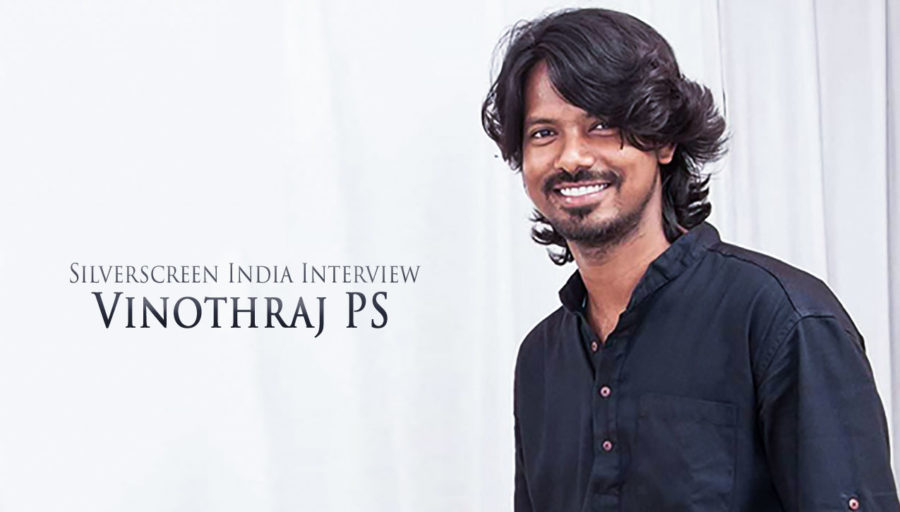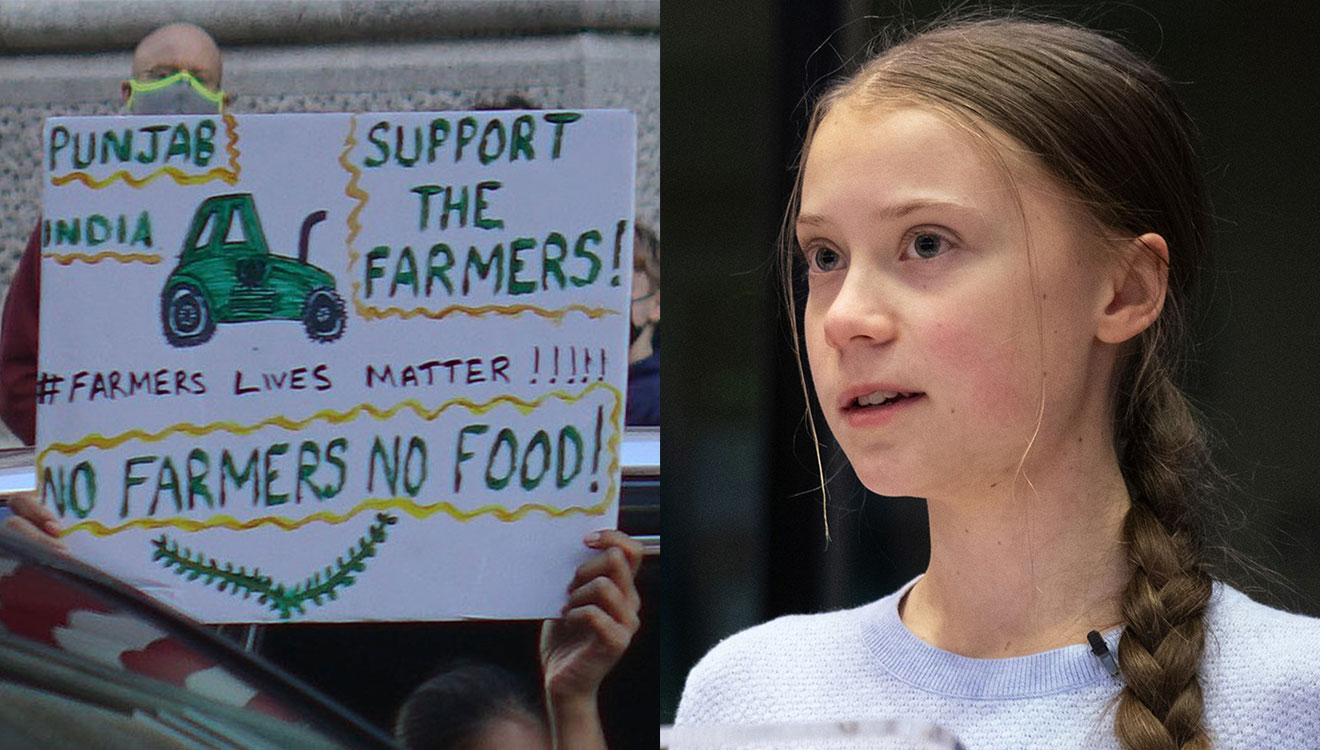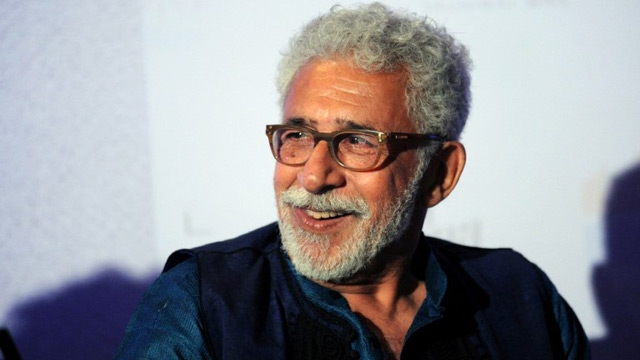Madurai-based filmmaker Vinothraj PS’s debut film, Pebbles (Koozhangal), won the Tiger Competition Award at the 50th International Film Festival of Rotterdam last week, becoming the second Indian film and the first Tamil film to win the coveted honour.
The award wasn’t entirely unexpected, says the 31-year-old filmmaker. Ever since the virtual edition of the film festival began on February 1, he had attended countless video conferences, sometimes at odd hours of the day, with people from different parts of the world.
“Everyone who had watched the film at the festival had liked it. We knew we were going to win something.”
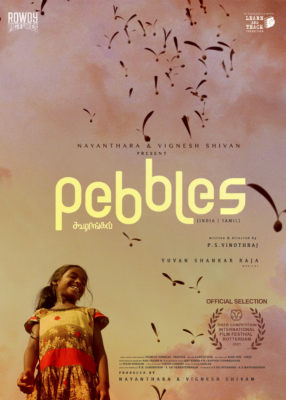
Pebbles is imprinted with the heat and harshness of the terrain of Arittapatti, a village in Madurai. Through the vast treeless landscape under the blazing sun, a little boy and his father, two people who share more discordance than love, walk 13 kilometres. The journey begins in the pursuit of the mother who, unable to put up with the callousness of her alcoholic husband, had left them for her mother’s house. The woman never makes an appearance in the film, but her grinding existence in the drought-hit village is registered in granular details.
The film draws from the life of Vinoth’s elder sister who was, a few years ago, forced out of her house in the middle of the night with her infant daughter by her husband. She walked around 20 kilometres overnight through the parched landscape between Melur and Madurai to reach her mother’s house.
“The incident made me angry but I didn’t know how to respond to it. Pebbles came out of my exasperation..” he says. The sister makes a fleeting appearance in the film, as a blur in the distance as the little boy looks on. An unassuming tribute.
Before Pebbles began its film festival journey, Vinoth screened a rough-cut at home for the family.
“All the women wept. They said they could see themselves in the film.”
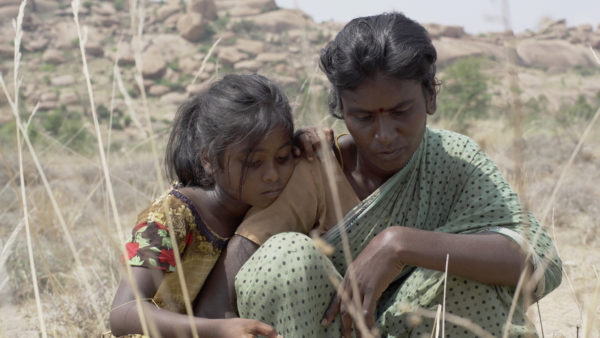
The film was shot for 33 days, between 2016 and 2020. Vinoth started with a tiny crew, with the money donated by his friends and well-wishers who had seen his short film, Subway. In 2019, after having completed almost 75% of the film, the filmmaker reached a dead-end. Some sequences were left to be shot, but there was not enough money to complete the filming or begin the post-production. That is when a rough cut of the film was selected to the Film Bazaar Recommends section.
“Film Bazaar became a turning point,” says Vinoth. “At the closing ceremony, we ran into Ram sir. I had always been a fan of his films. Kaattrathu Tamil (2007) came out when I was a teenager working in a garment factory in Tirupur. It had a great impact on me. I remember I’d tried to imitate his hairstyle in that film. That evening in Panjim, I mustered the courage and showed him a trailer of Pebbles. He was impressed, and upon returning to Chennai, he watched the whole film.”
It was Ram who introduced Vinoth to Nayanthara and Vignesh Shivan who would, later, co-produce the film under their home banner Rowdy Pictures. “They watched the film together one evening and readily made an offer to help us complete the film. Suddenly, everything fell into place. Thanks to them, Yuvan Shankar Raja came into the project.”
Before Pebbles, Vinoth made a short film (Subway) and two unfinished shorts in Madurai, his hometown. He also worked as an assistant director in Manjapai (2014, N Ragavan). But what re-shaped his visual sense and his relation with the art are, he says, the years he spent with a theatre group, Manal Magudi, based in Kovilpatti, led by veteran theatre practitioner Murugu Boopathy.
“I moved to the theatre because I wanted to travel,” says Vinoth. “And I did travel a lot with the group, to different parts of the country. Every tour began and ended in the same small venue in Kovilpatti. In those years, I learned the basics of storytelling, lighting and how to compose a scene. I was introduced to magical realism. Most of all, I met people from different backgrounds.”
Vinoth lost his father when he was 10. The death shook his family so much that he had to drop out of school to work in the Madurai market. He would run into a film crew almost every day in Madurai, a popular shooting location for the mainstream Tamil movies. “I had butterflies in my stomach when I saw a cinematographer on a crane for the first time. Cinema seemed like a place of dream and adventure,” he says.
The rural region around Madurai has always been drought-hit. Vinoth grew up witnessing the people of his village migrating to nearby industrial towns in search of a better life. Eventually, at 14, he left the village too, for Tirupur to work in a garment factory. “I have often wondered why we had to live like this, why hadn’t any political party done anything to better our lives,” he says.
From Tirupur, Vinoth moved to Chennai with an ambition to work in the city’s film industry. To stay close to the movie industry, he chose a job at a small-time DVD rental store in Virugambakkam.
“I knew there were filmmakers, actors and technicians living nearby. Often someone would swing by to buy a DVD, and I would give them my resume. I had printed out a bundle,” he laughs.
The job helped him discover the classics, arthouse and parallel cinema. Films of Abbas Kiarostami ﹣Where is My Friend’s Home (1987)﹣ Ritwik Ghatak, Balu Mahendra, Adoor Gopalakrishnan and John Abraham. “On most days, I used to watch three films. That DVD store was my film school.” He cites Charlie Chaplin’s The Kid and French filmmaker Tony Gatlif’s movies as his personal favourites.
The landscape
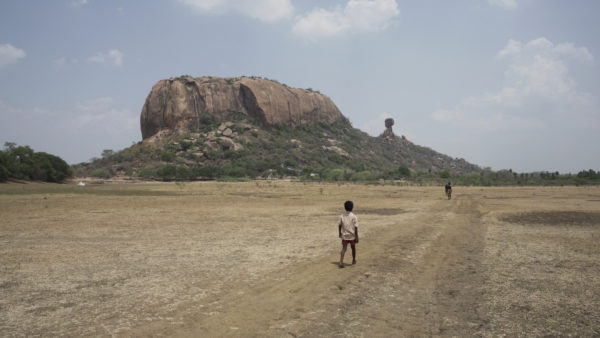
Pebbles has a distinct cinematic language ﹣indigenous and unaffected﹣ which unmistakably arises from Vinoth’s relationship with the place and its people. It pervades a strong sense of tactility. The camera movements bend the conventions, creating an indexical association between the images and the landscape.
In the sublime opening shot, the camera observes a bird’s nest swaying in the wind. The sound of the baby bird inside the nest. The fluttering of the mother bird’s wings as she flies in to feed the baby. The shot is the result of a lot of hard work, says Vinoth. “The cinematographer and I camouflaged using branches of trees and waited by the nest for hours for the bird to come and perform this daily ritual. I wanted a perfect first shot which contained the entire film in itself.”
As part of pre-production, the filmmaker visited Arittapatti several times.
Recommended
“I stayed there for a year. I came across snakes, cows, women carrying pots of water… I kept reworking on the script,” he says. “The weather and the landscape of the region are unforgiving. It can knock down and reshape a person. While shooting the film, the crew members often grew impatient and irritated. Violence or chaos becomes your natural response when you are living there.”
The core of Pebbles, he says, is the hill that Velu (the child) is seen looking at from the bus. “The hill is called Samanar Padukkai. There are ancient caves atop the hill where Jain monks lived many thousand years ago. Inside the cave, you will find a world far removed from the one outside. It is cool and placid. Like the hill which has a cave in its heart, the film is about the women of the region who, like meditating monks, wait for hours by a dwindling stream to collect a pot of water. That minuscule stream symbolises the hope that keeps the village going.”
The actors
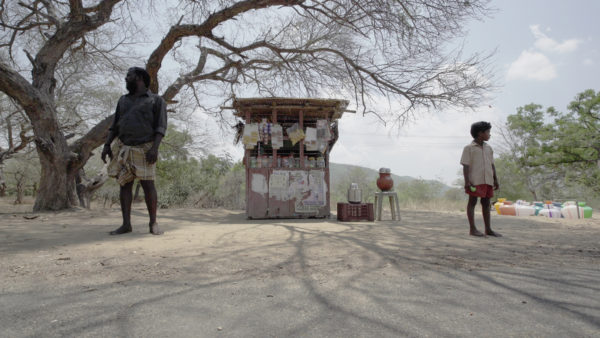
For both the lead actors, Karuththadaiyaan, who plays Ganapathy, and Chellappaandi, who plays Velu, the boy, this is their debut film. Karuththadaiyaan, however, is a seasoned theatre actor.
“I had seen him performing on stage. A wonderful actor! But he wasn’t ready to act in films. Every time I approached him, he flatly refused. It took a lot of time and coercing to bring him to the front of the camera.”
Chellapandi is from a village next to Arittapatti. “Although he had no experience in acting or had seen many movies, he acted without any inhibition, perfecting every shot in the first take. He is a natural talent.”
Vinoth hopes to release the film in theatres across Tamil Nadu.
Does arthouse, experimental films have an audience in Tamil Nadu?
“There is,” says Vinothraj. “Audience isn’t the problem. Distribution is where the problem is.”
If everything goes well, he hopes to release the film by the end of the year. “Film festivals are important. But I want the film to be seen by my people. It is about them, for them.”
